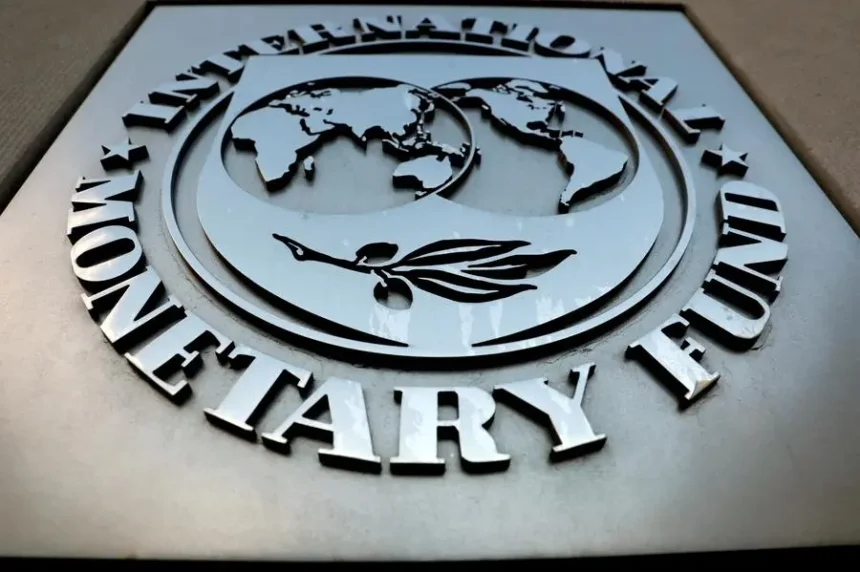The International Monetary Fund forecasts that Nigeria’s headline inflation will sharply increase to 37 percent by 2026, as stated in its April 2025 World Economic Outlook report released on Tuesday.
The IMF indicated that this new estimate follows the rebasing of Nigeria’s Consumer Price Index by the National Bureau of Statistics in January 2025, cautioning that ongoing price pressures and structural limitations are likely to sustain high inflation levels in the medium term.
The Fund noted that inflation, which averaged 33.2 percent in 2024, is anticipated to slightly decrease to 26.5 percent in 2025 before escalating to 37.0 percent in 2026. This projection has elicited mixed responses from Nigerian economists, with some labeling the outlook as ‘excessively pessimistic’ and disconnected from domestic policy realities.
Additionally, the IMF has revised Nigeria’s economic growth forecast for 2025 downward, attributing this adjustment to declining global oil prices, which pose significant risks to the country’s fiscal and external balances.
- Advertisement -
The Fund has lowered its GDP growth forecast for Nigeria in 2025 by 0.2 percentage points to 3.0 percent, down from 3.2 percent, and has also reduced the growth estimate for 2026 by 0.3 percentage points to 2.7 percent.
It emphasized that Nigeria, similar to other oil-exporting nations in Sub-Saharan Africa, remains highly susceptible to external shocks, particularly declines in commodity prices, which continue to impact government revenue, trade balances, and investor confidence.
Although Nigeria maintained a current account surplus in 2024, its external position is projected to deteriorate, with the current account surplus expected to decrease from 9.1 percent of GDP in 2024 to 6.9 percent in 2025, and further to 5.2 percent in 2026.










